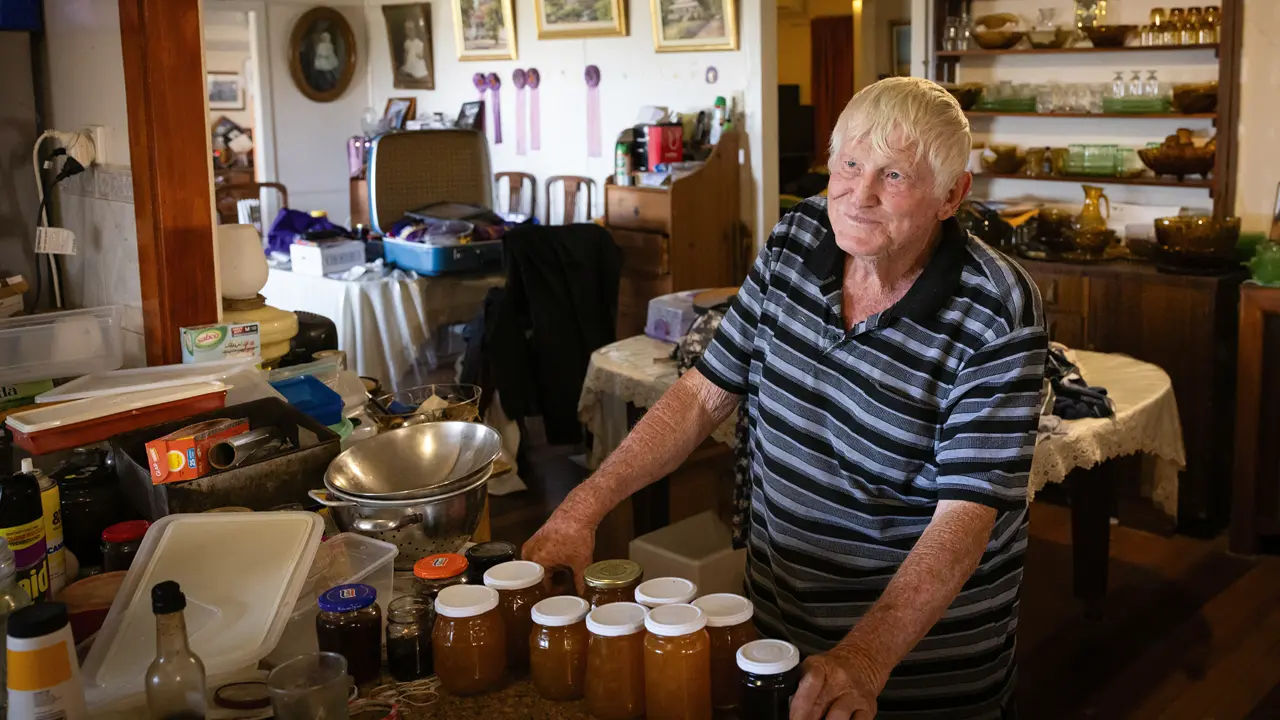Women are increasingly taking up leadership roles in Australian agriculture, but there’s still a long way to go before gender equality exists on the land.
Story By Amanda Burdon
Gemma Walker is up to her elbows in grease, hastily trying to mend a leaking hydraulic hose on a seeding tractor. She and her parents, Jenne and Tom, are trialling a new variety of canola on their 4000-hectare property Hamilton Downs, near Ravensthorpe in southern Western Australia, and time is of the essence. In just a few days Gemma will be winging her way back to Mildura, Vic, some 3600 kilometres away, to swap her jeans and Akubra for the pearl earrings and heels befitting her role as executive manager of Mallee Sustainable Farming (MSF).
To many, this third-generation grain grower represents the new breed of Australian farmer: well-educated and well-travelled, technologically savvy, possessing considerable business acumen as well as practical skills – and female. Working alongside her parents, Gemma hopes to one day take over the family farm but, in the meantime, she’s amassing a wealth of professional and hands-on experience to equip her for the challenges ahead.
She’s active nationally in the Grains Research and Development Corporation-funded Partners in Grain; has led agricultural study tours to Malaysia, China and Singapore; and before being headhunted for the MSF role studied agribusiness at Curtin University and held the post of executive officer of the South East Premium Wheat Growers’ Association, based in Esperance, WA. “In my MSF role I am learning more about how to become a better farmer, about efficient financial and water-use practices, new crop varieties and techniques in collaboration with about 20 consultants,” Gemma says. “Each of the roles I have held has given me a different perspective on farming, grain production and international issues. Many of my female friends juggle hands-on farm responsibilities with full-time work for farming groups that value our project management, human-resource (HR) skills and agronomic background. I’m constantly taking my home-grown ideas and knowledge to the east and bringing MSF ideas back to the west.”
For Gemma, it’s a transcontinental commute akin to that of fly-in-fly-out mining workers. Each year she makes at least four journeys to the farm, via Melbourne and Perth. The flexibility of working for a farmer-driven organisation enables Gemma to help her parents during the busiest times on the farming calendar – seeding and harvesting – and to maintain her strong connections with the property she has called home for 36 years.
This story excerpt is from Issue #84
Outback Magazine: Aug/Sep 2012









